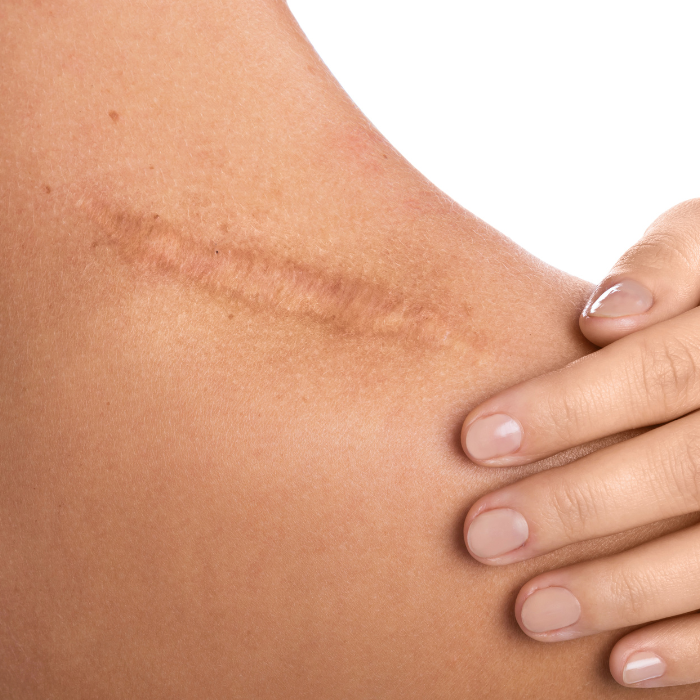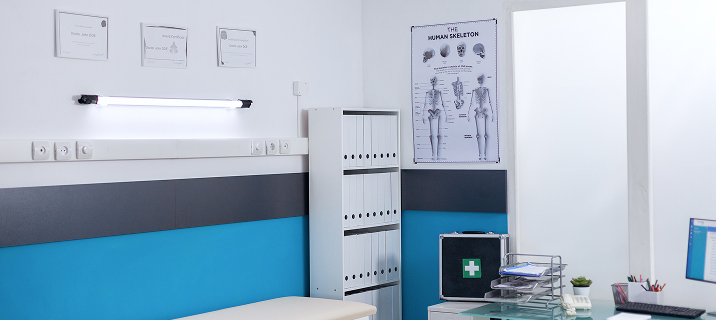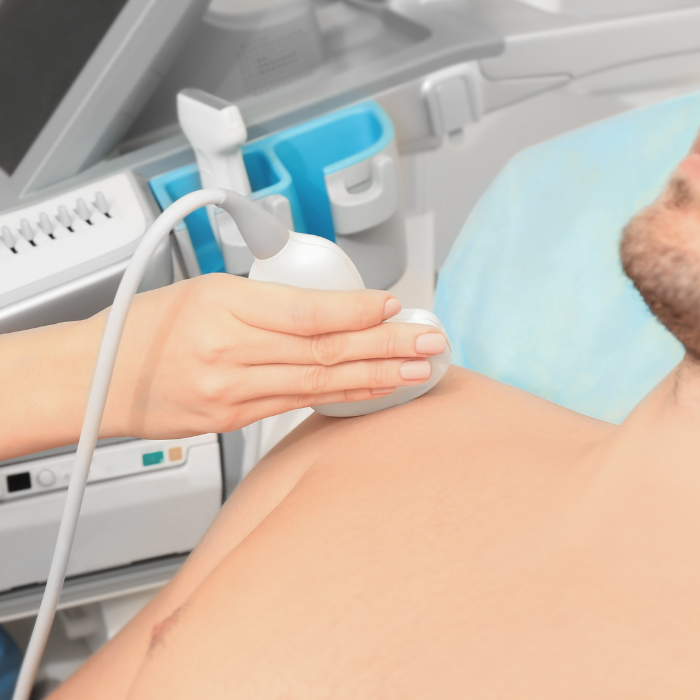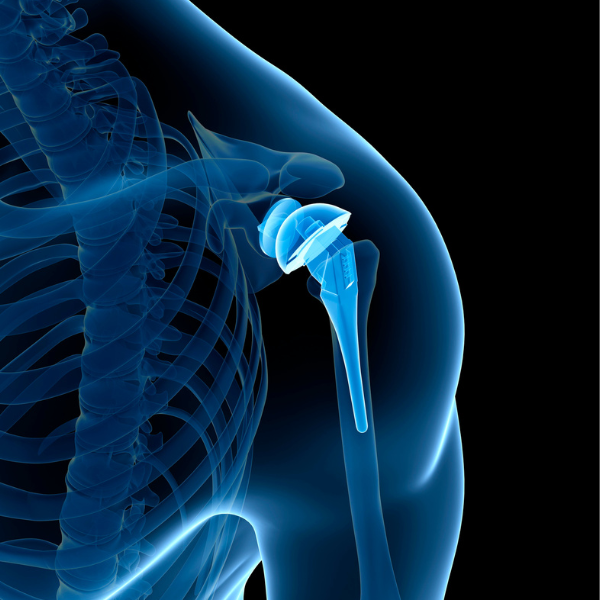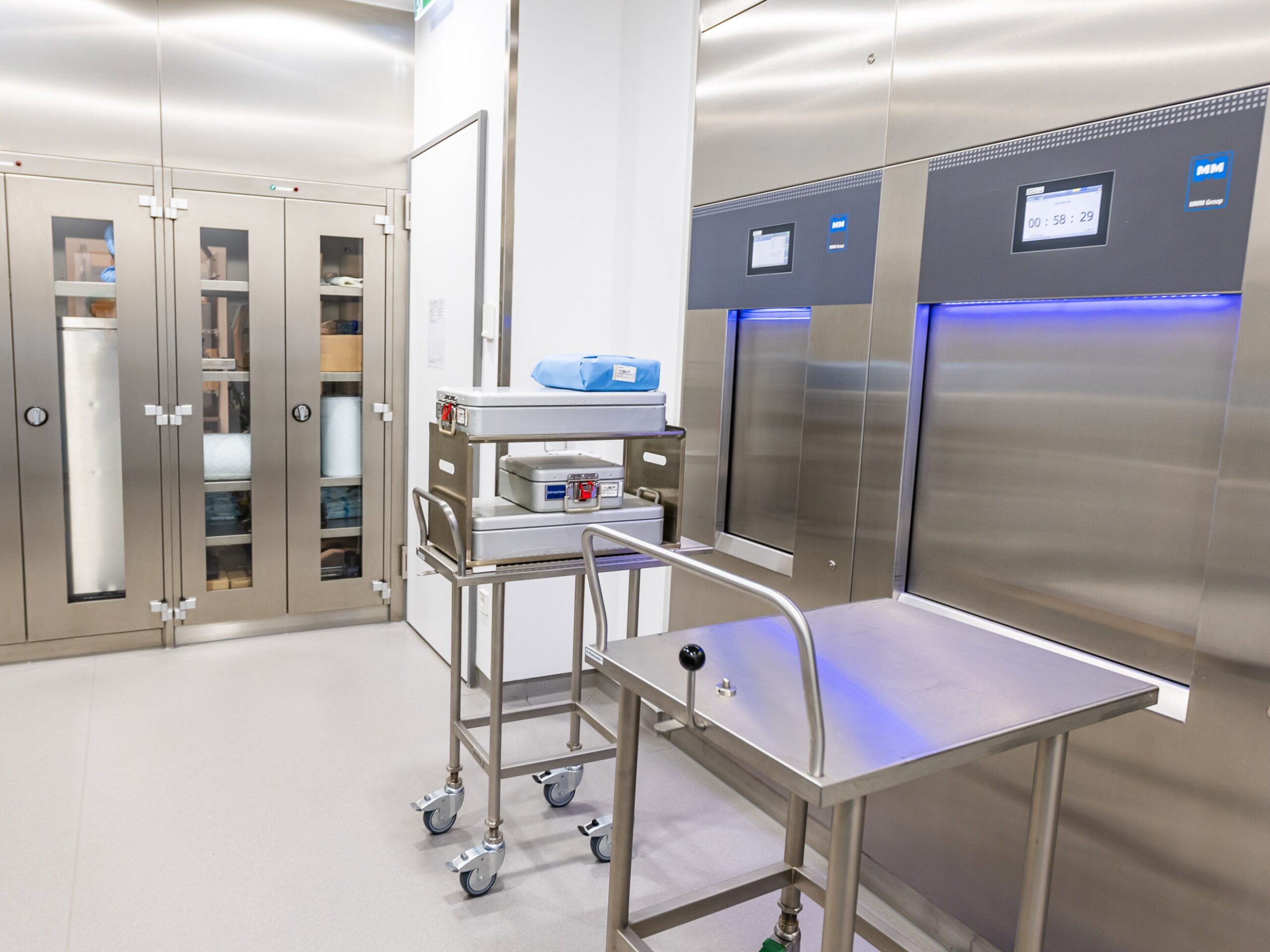Rotator Cuff Tear
Surgical Options in Munich
A rotator cuff tear can significantly impact daily life. In addition to conservative treatments, various surgical methods are available to restore rotator cuff function. At Munich Airport Clinic, we perform surgery safely and efficiently. Our specialists provide individualized treatment to ensure the best possible outcome.
Rotator Cuff Tear: Causes and Symptoms
A tendon tear in the shoulder is one of the most common injuries of the shoulder joint. Athletes and older individuals, whose tendon structure is weakened due to natural wear and tear, are particularly affected. A rotator cuff tear can result from sudden trauma, such as a fall, or develop gradually due to chronic overuse.
Typical Symptoms of a Rotator Cuff Injury:
If left untreated, a torn rotator cuff can lead to secondary damage, such as osteoarthritis.
DIAGNOSIS
Diagnosis of a Rotator Cuff Tear
The diagnosis is made in an orthopedic practice through a clinical examination and imaging techniques such as MRI or ultrasound. These methods help determine whether it is a partial tear or a complete rupture of the rotator cuff and whether other shoulder structures are affected.
When is Surgery Necessary?
Not every rotator cuff tear requires surgery. Conservative treatments such as physiotherapy or injections should be tried first. Surgery becomes necessary if:
OUR EXPERTISE
Specialists for Rotator Cuff Tear Surgery
The Munich Airport Clinic provides optimal conditions for shoulder surgery. Our experienced specialists perform rotator cuff repair surgeries with the highest precision. Thanks to modern surgical techniques and advanced diagnostics, patients benefit from the best possible treatment outcomes and a faster recovery.
ROTATOR CUFF TEAR
Surgical Treatment Options
Depending on the severity of the rotator cuff tear, the Munich Airport Clinic offers four modern surgical procedures. The goal is to restore shoulder stability and mobility while ensuring long-term pain relief.
STEP BY STEP
Surgical Procedure at Munich Airport Clinic
1. Preparation and Admission
On the day of the procedure, patients are admitted by our clinic team. Before the surgery, a detailed consultation with the anesthesiologist and surgeon takes place. This is an opportunity to address any final questions regarding anesthesia and the surgical process.
2. The Surgery
Depending on the severity of the rotator cuff tear, the surgery is performed either arthroscopically or through open surgery, with a duration ranging from 60 to 150 minutes, depending on the technique. During the procedure, the torn tendon is either sutured, reconstructed using a tendon graft, stabilized with a muscle-tendon transfer, or, in cases of irreparable damage, replaced with an inverse shoulder prosthesis.
3. Postoperative Care and Monitoring
Immediately after surgery, patients are transferred to the recovery room, where they are medically monitored while waking up from anesthesia. Depending on the procedure, patients may either return home the same day or stay in the clinic for a few days. The shoulder is immobilized in a special sling to support the healing process of the operated tendons and structures.
ADVANTAGES
Advantages of Munich Airport Clinic

Modern Equipment

Experienced Specialists

Short Waiting Times

Personalized Care
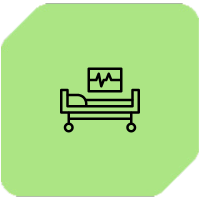
Easy Accessibility

High Hygiene Standards
AFTER SURGERY
Post-Treatment and Rehabilitation
Proper aftercare following rotator cuff tear surgery is crucial for a successful recovery. Immediately after the surgical procedure, the shoulder is immobilized in a sling. Over the following weeks and months, physiotherapy gradually helps restore shoulder movement.
The healing time varies depending on the surgical method but typically lasts several months. During this period, the shoulder should be moved carefully and not overloaded. A structured rehabilitation program helps reduce pain and restore mobility.
A torn tendon in the shoulder can significantly impact quality of life. With a personalized treatment plan, shoulder function can be effectively restored. The Munich Airport Clinic is always here to support you!
PATIENT TESTIMONIALS
Experiences from Our Patients
FAQ
Frequently Asked Questions
about Rotator Cuff Tear
The duration of a rotator cuff surgery depends on the chosen method.
Whether a tendon tear in the shoulder requires surgery depends on various factors. Smaller partial rotator cuff tears can often be treated conservatively with physiotherapy and pain management. Surgery is necessary if:
In such cases, surgical treatment may be required to prevent permanent limitations in shoulder mobility.
The duration of sick leave after a rotator cuff tear depends on the type of surgery and the physical demands of the job. For an arthroscopic rotator cuff repair or superior capsular reconstruction (SCR), recovery time typically ranges between 6 and 12 weeks.
For a muscle-tendon transfer or inverse shoulder prosthesis, sick leave may last up to 6 months, especially for physically demanding jobs. Office workers can usually return to work sooner, while jobs involving heavy physical labor require a longer recovery period.
The healing time after rotator cuff surgery varies depending on the type of procedure and individual factors such as age, physical condition, and therapy compliance.
Targeted rehabilitation and physiotherapy are crucial to support the healing process and prevent long-term limitations.

